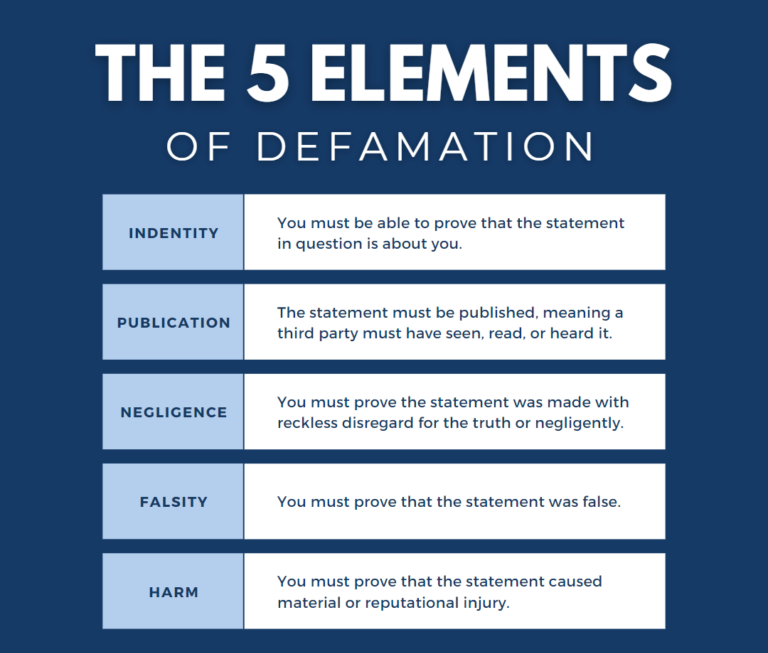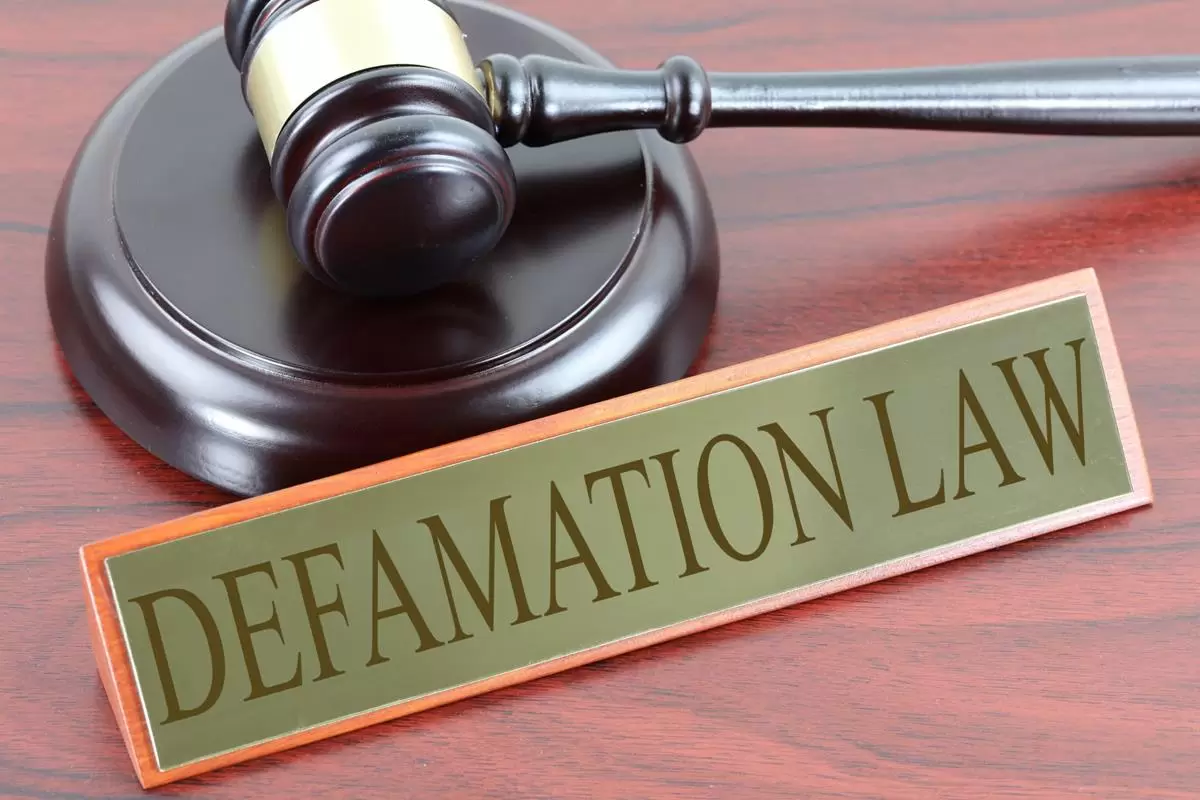How We Handle Defamation Cases?
At SNS Legal Aid, we provide expert legal assistance in both civil and criminal defamation cases. Whether you are a victim of defamatory statements or have been falsely accused, we help protect your reputation and legal rights. Our approach includes:
- Filing & Defending Defamation Claims – Initiating legal action against defamatory content and defending individuals wrongly accused.
- Legal Notices & Cease-and-Desist Orders – Issuing notices to individuals or organizations publishing false statements.
- Media & Online Defamation Cases – Handling defamatory content published in newspapers, TV, social media, and digital platforms.
- Corporate Defamation – Protecting businesses from reputation damage caused by false allegations.
- Criminal Defamation Defense – Representing clients in cases involving criminal defamation charges under IPC.
- Compensation & Reputation Restoration – Seeking damages and retraction of false statements.


Basic Laws & Acts Involved in Defamation Cases
- Indian Penal Code, 1860 (IPC) – Section 499 & 500 – Defines criminal defamation and prescribes punishment.
- Constitution of India – Article 19(2) – Limits freedom of speech if it affects another’s reputation.
- Information Technology Act, 2000 – Section 66A & 79 – Governs defamation on digital platforms.
- Civil Defamation Law (Tort Law) – Provides for compensation in civil suits for reputational damage.
- Press Council Act, 1978 – Regulates ethical journalism and media accountability.
Our Legal Services for Defamation
✅ Drafting & responding to legal notices for defamation claims
✅ Filing & defending civil & criminal defamation suits
✅ Removal of defamatory content from social media & online platforms
✅ Representation in defamation trials & reputation management cases
✅ Legal action against newspapers, blogs, and media houses
✅ Corporate defamation & brand reputation protection
✅ Seeking monetary damages for defamation victims
Frequently Asked Questions (FAQs)
Defamation is any false statement that damages a person’s reputation. It can be written (libel) or spoken (slander) and can be pursued as a civil or criminal offense under Indian law.
Yes, online defamation is covered under Section 66A of the IT Act and IPC Section 499 & 500. Victims can file complaints with cybercrime police and seek removal of defamatory content.
Under Section 500 of IPC, criminal defamation is punishable by up to 2 years of imprisonment, a fine, or both.
- Civil Defamation – The victim seeks monetary compensation for reputation damage.
- Criminal Defamation – The offender may face jail time, fine, or both.
Evidence includes:
- Copies of defamatory articles, social media posts, emails, or videos.
- Witness testimony proving reputational harm.
- Records showing financial loss due to defamation.
Yes, companies can sue for corporate defamation if false allegations cause business losses.
Yes, if the statement is true and can be proven, it is not defamation under IPC.
- Filing a counter-defamation suit.
- Seeking an injunction to stop defamatory publications.
- Claiming damages for loss of reputation.
Yes, media houses and journalists can be sued for publishing false and damaging content.
We provide:
- Legal consultation & strategic advice on defamation cases.
- Drafting legal notices & cease-and-desist letters.
- Litigation support for both civil & criminal defamation cases.
- Reputation management & digital content removal assistance.

